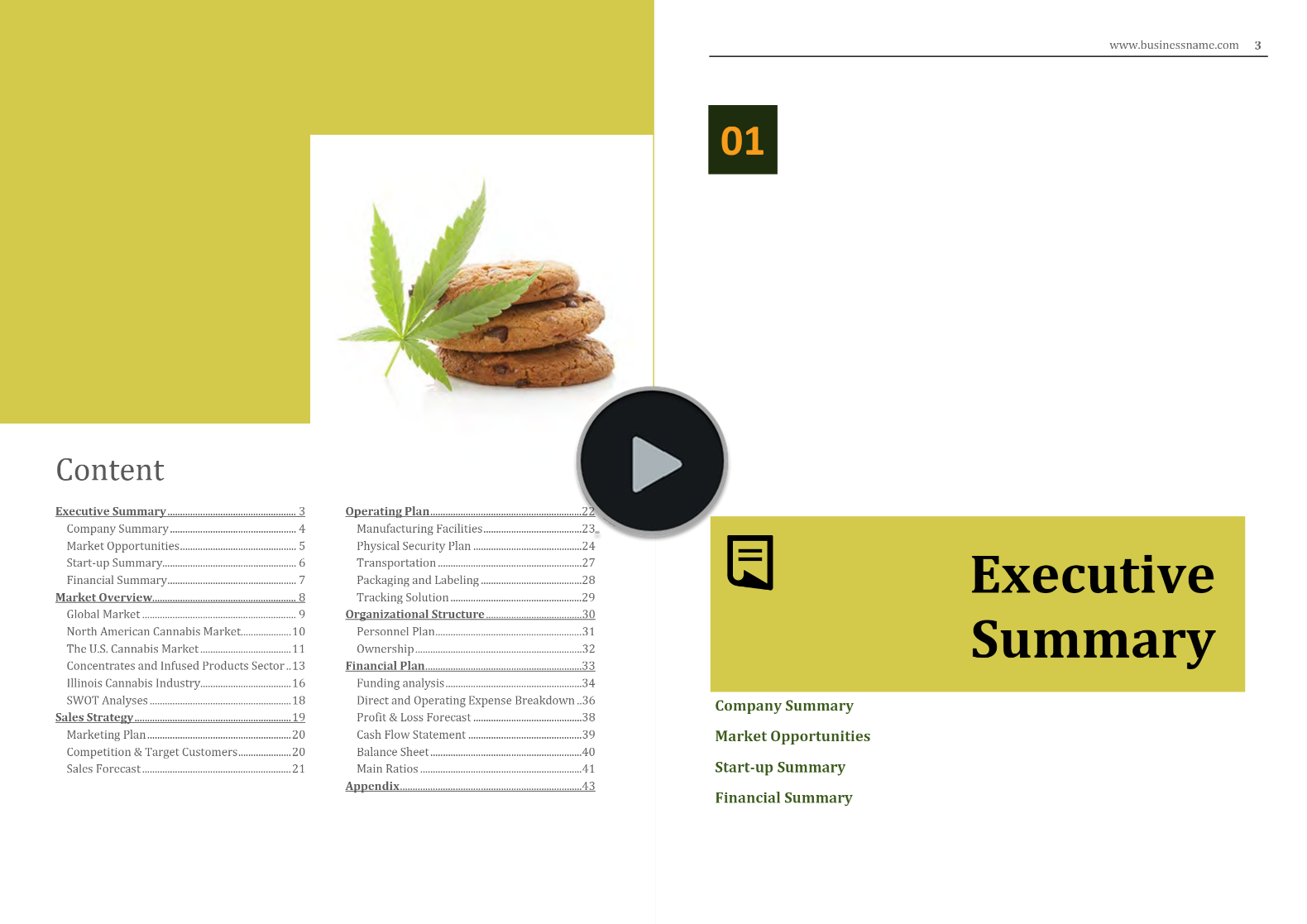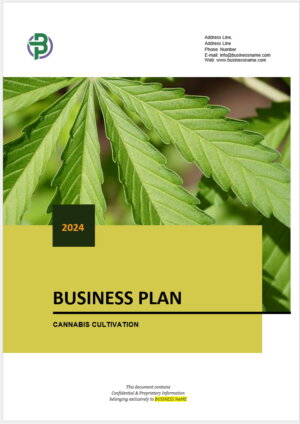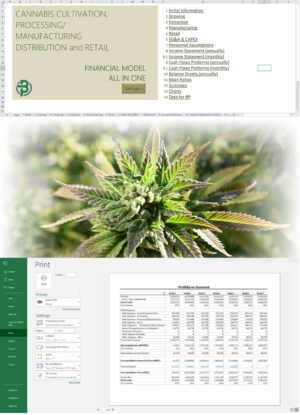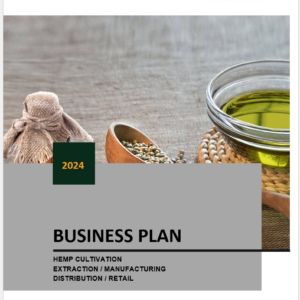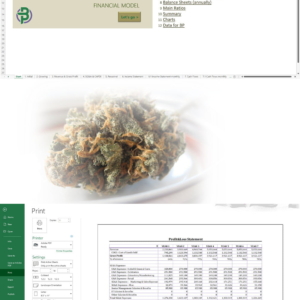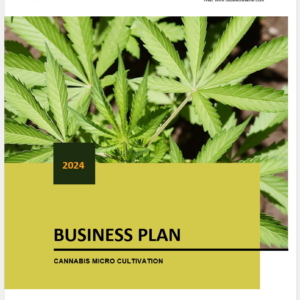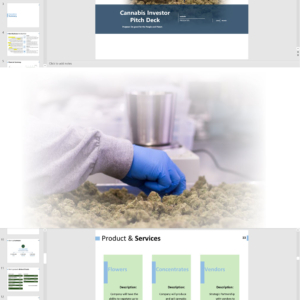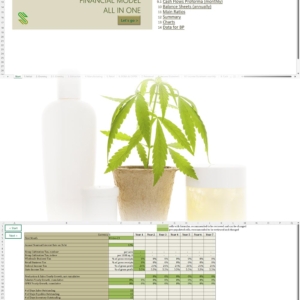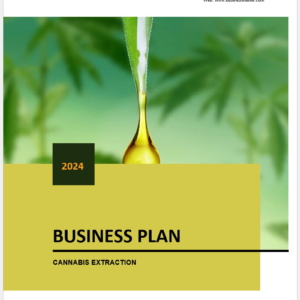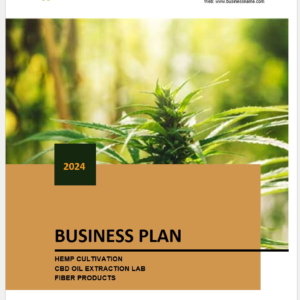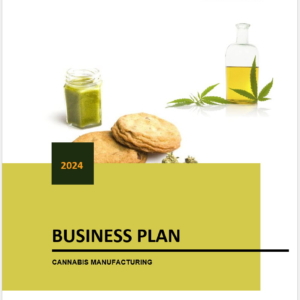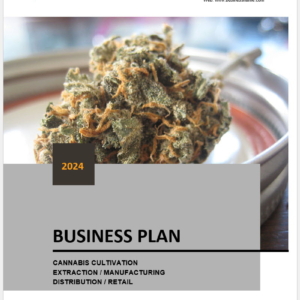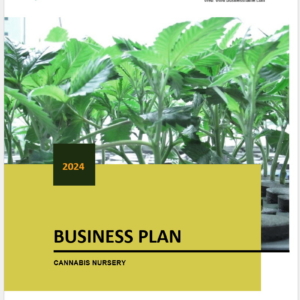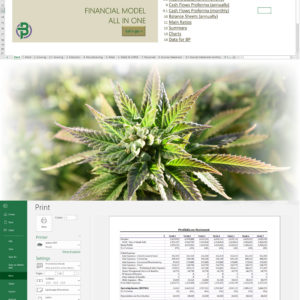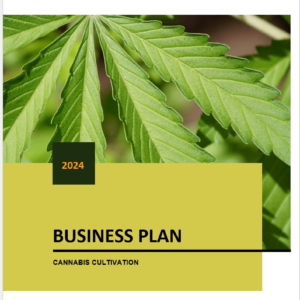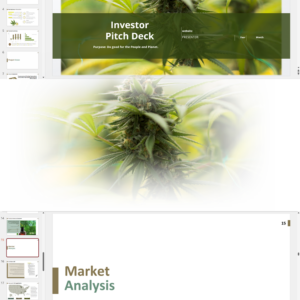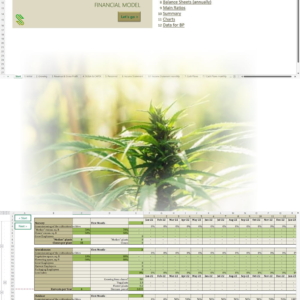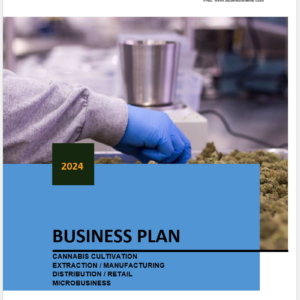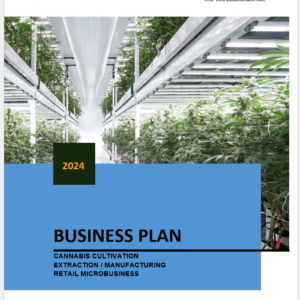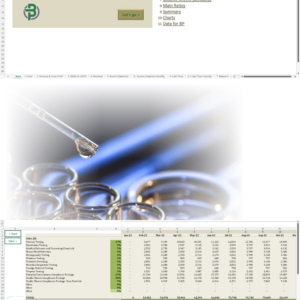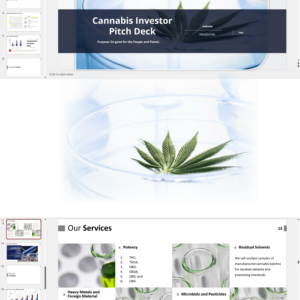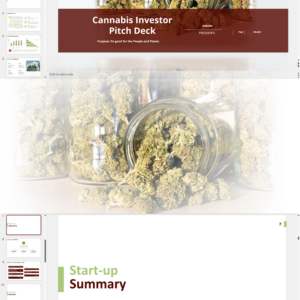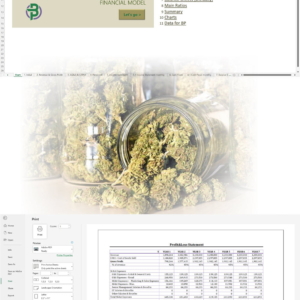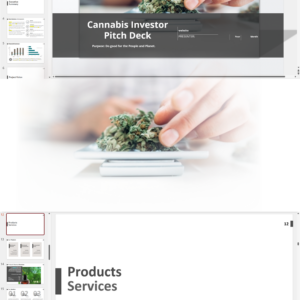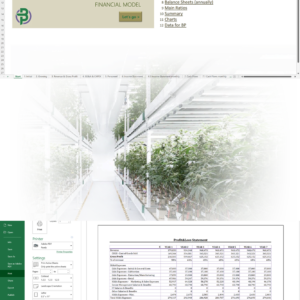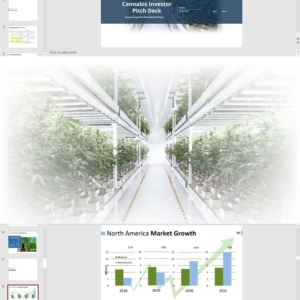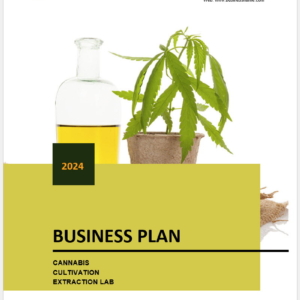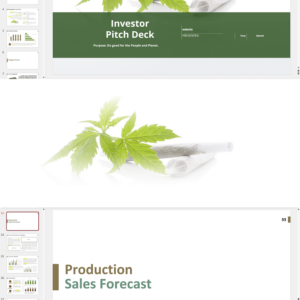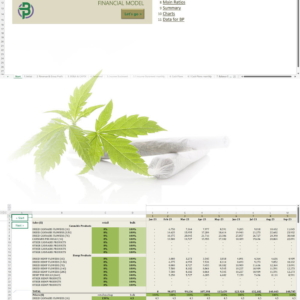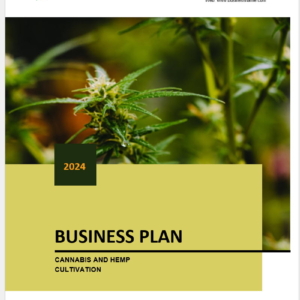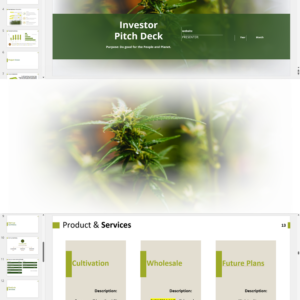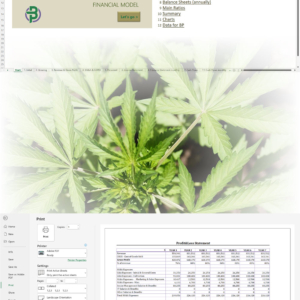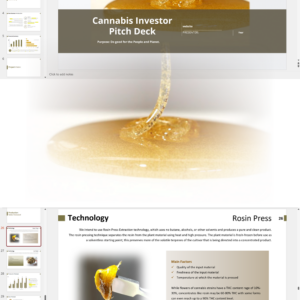Illinois Cannabis Legalization
In August 2013, Former Gov. Pat Quinn signed into law the Compassionate Use of Illinois Medical Cannabis Pilot Program Act to legalize the cultivation, sale and use of medical cannabis in the state. Illinois started accepting applications for patients, vendors and growers in September 2014, and dispensaries opened in November 2014.
There are 41 medical conditions in the program that qualifying medical cannabis patients must be diagnosed with, including cancer, HIV/AIDS, Parkinson’s disease and severe fibromyalgia.
In August 2018, a new law allowing opioid patients access to medical cannabis was signed and the Opioid Alternative Pilot Program started at the end of January 2019, the Chicago Tribune reported. Allowing medical cannabis as an alternative to opioids in Illinois could yield $100 million-$400 million in additional sales from tens of thousands of new patients according to MJ Business Daily.
In May 2019, Illinois legalized adult-use cannabis cultivation and sales through its legislature to become the 11th cannabis recreational state. In total there could be 295 stores, 100 growers and 100 processors in operation.
In 2022, Illinois passed legislation that exempt businesses from Section 280E of the federal tax code that allows cannabis companies to deduct business expenses from their state income taxes.
Illinois Cannabis Taxes
Taxes:
- 7% – of the gross receipts from the sale of cannabis by a cultivator, craft grower, or processor to a dispensing organization
- 10% excise tax – cannabis flower or products with less than 35% THC.
- 20% excise tax – products infused with cannabis.
- 25% excise tax – products with a THC concentration higher than 35%.
Illinois Cannabis Market Stats and Perspectives
Medical
Retail sales of medical cannabis in Illinois have reached more than $250 million in 2019, about $366 million in 2020, $397 million in 2021 and $355 million in 2022. Twelve months of 2023 brought in $325 million through 55 cannabis dispensaries and have topped $1,964 million since legalization in November 2015. As of December 31, 2023, 307,187 (254,858 in 2022) qualifying patients’ applications have been approved to participate in the state’s medical cannabis and opioid alternative programs with 140,342 currently active.
Recreational
The latest data from the Division of Cannabis Regulation shows that a total of 265 adult use cannabis businesses are licensed under the Cannabis Regulation and Tax Act, including 21 cultivation centers, 63 craft grow licenses, 60 infuser licenses, 84 transporter licenses, 7 testing laboratories and 10 colleges were approved to participate in Community College Cannabis Vocational Training Pilot Program. According to the state’s Department of Financial and Professional Regulation (IDFPR), 198 adult-use dispensary licenses have been issued as of December 31, 2023, of which 67 businesses have obtained an operational Adult Use Dispensing Organization license.
Total sales of cannabis in Illinois surpassed $1 billion in 2020, $1,776 million in 2021 and reached $1,907 million in 2022, including about $1,552 million of adult-use cannabis sales ($1,379 million in 2021 and 670 million in 2020).
Twelve months of 2023 brought in about $1,960 million including $1,635 million of adult-use cannabis. Total monthly adult-use cannabis sales have more than tripled since retail stores opened in January 2020 with $39 million to the average $136 million in 2023, according to the ICROO.
Projections
Marijuana Business Daily forecasts the Illinois Cannabis Market would be worth of $2 billion in only adult-use cannabis annual sales a few years after the program’s launch while the Illinois Economic Policy Institute estimated that legalizing recreational cannabis in Illinois could result in $1.6 billion in annual sales and more than 23,000 new jobs, and that point has already been reached.
Illinois Cannabis Market Infographics
Cannabis Edibles Business Plan Sample, Illinois
'70% ready to go' business plan templates
Our cannabis financial models and cannabis business plan templates will help you estimate how much it costs to start and operate your own cannabis business, to build all revenue and cost line-items monthly over a flexible seven year period, and then summarize the monthly results into quarters and years for an easy view into the various time periods. We also offer investor pitch deck templates.
Best Selling Templates
Hemp CBD business plan templates are available at hempcbdbusinessplans.com.

